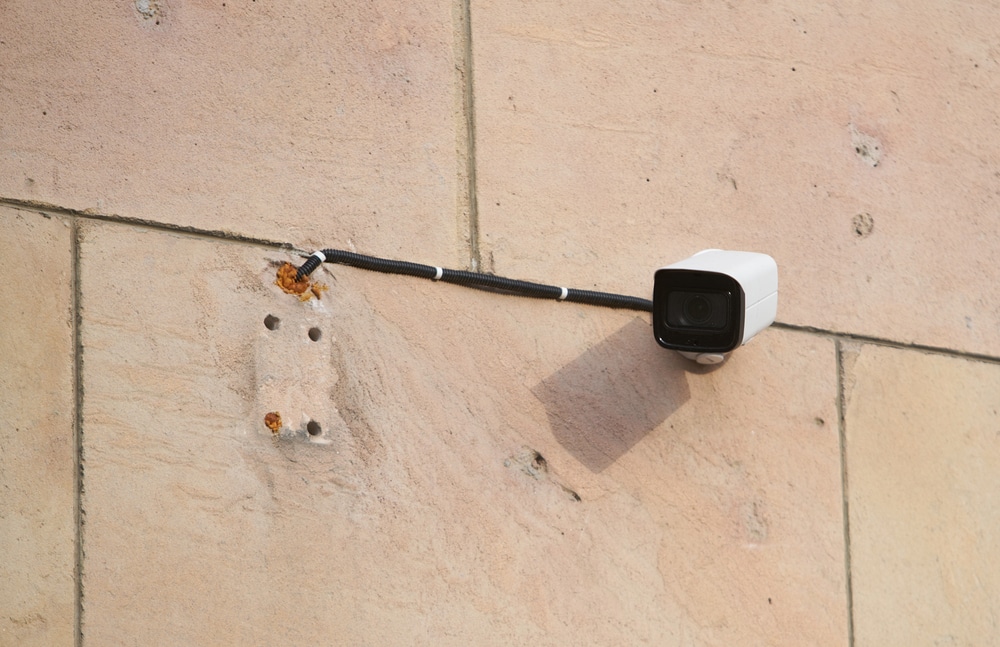How secure is live chat?
Convenient, easy to use and with real-time interaction, no wonder large numbers of online customers prefer live chat to phone or email these days. However, despite these advantages, every live chat agent must stick closely to crucial security procedures to ensure that the business, its customers, and the other live chat team members are kept safe.
Live chat is all about ensuring that customers have a great experience when they interact with your business. An essential factor in achieving this is building a relationship of trust with them, hence the need to provide security so your customers feel at ease while interacting with your business.
What makes live chat security so important?
Online security is considered so important that it is governed by specific legal requirements as set out in the EU General Data Protection Regulation or GDPR. It came into force in 2018 to harmonise data privacy laws across Europe.
These legal requirements must be complied with, so ensure that your live chat hosts, encrypts and processes all data in accordance with the GDPR regulations. This will make sure all your and your customers’ data is secure.
Data like login credentials and credit card numbers must be transmitted securely with 256-bit SSL encryption and not in plain text.
Controlling access to your chat agents can be done by IP restriction so that only authorised IP addresses are allowed entry. This facilitates sand-boxing which will secure your data better, and give you better protection against malware than ordinary live chat security.
Remember, online security is not only a legal requirement. It is very important to your customers and your business. Having these crucial security features in your live chat facility will not only protect your business and its image, it will help you build that crucial relationship of trust with your customers.
What your agents need to know to keep your live chat secure
Here are some of the essential best practices your agents should implement to ensure your live chat remains secure:
Ensure that your agents use live chat software that is secured with HTTPS encryption
All data collected from visitors via pre- and post-chat surveys, browsers, and chat messages between agents and visitors, must be secured by encryption through HTTPS protocols that employ advanced TLS and double-layer SSL encryption. This will ensure network security.
Agents must never send sensitive information via an insecure channel
Sensitive information includes any information that could put your customers or your business at risk in any way. Your organisation must choose a live chat version that ensures PCI-DSS or HIPAA compliance, as well as secure data transfer.
Sensitive information includes any of the following:
- Any personal phone numbers, home or business addresses of customers
- Any personal information such as their customer number, ID number, health records, vehicle number plate, etc.
- Security question, answers and passwords
- Customers’ account numbers, credit card numbers and non-expiring security codes
- Expiration date and the security code of a customer’s credit card
- Social security numbers
Agents must always keep multi-chats separate
Depending on your live chat agents’ multitasking ability, they can probably deal with several customers simultaneously. This improves efficiency and cost. However, it is vital agents keep these chats and all the information separate so as to not get confused between customers.
Agents must be alert for scammers
A hacker might pretend to be a return hoping to get some information for attempted fraud. Even existing customers may be trying their luck to scam the company out of some free product, or a refund or discount.
Agents must never open files that have not been scanned
Unscanned files is a highly efficient way to infect a business computer with malware or make a phishing attempt by sending seemingly innocent attachments. All documents must be scanned before opening.
Agents must immediately report abuse
If a customer becomes abusive or makes inappropriate comments, agents must report it immediately to their supervisor. They must also ensure that the call is saved for their own protection for evidence if needed in the case of a lawsuit.
Agents must never give customers their personal contact information
Giving out personal contact information (full name, personal email or address) to customers is a big no-no for agents. It can lead to abuse, stalking and even personal danger.
Chat logs must be encrypted
Chat logs can contain sensitive information they must always be encrypted to protect the information from being breached by malware.
Agents must be very careful about screen sharing
Although screen sharing isa highly efficient way of interacting with a customer, agents must take care that the customer does not see sensitive information that does not relate to them.
Leaving your workstation? Always lock your screen!
It is an agent’s personal responsibility to protect the sensitive information that is on their screen. If your screen is locked, no unauthorised persons can get access to sensitive information or use your screen without your permission.
If you’re concerned about implementing any of these points, your best course of action is to outsource your live chat to a specialist provider.
In conclusion
Live chat is a highly effective, popular, and convenient way to connect with customers and give them support. However, unless businesses ensure that their live chat is secure, they are putting their and their customers’ security at risk.



